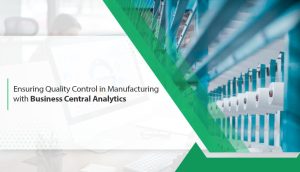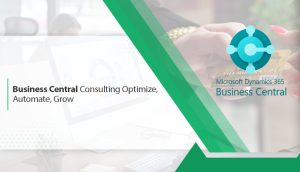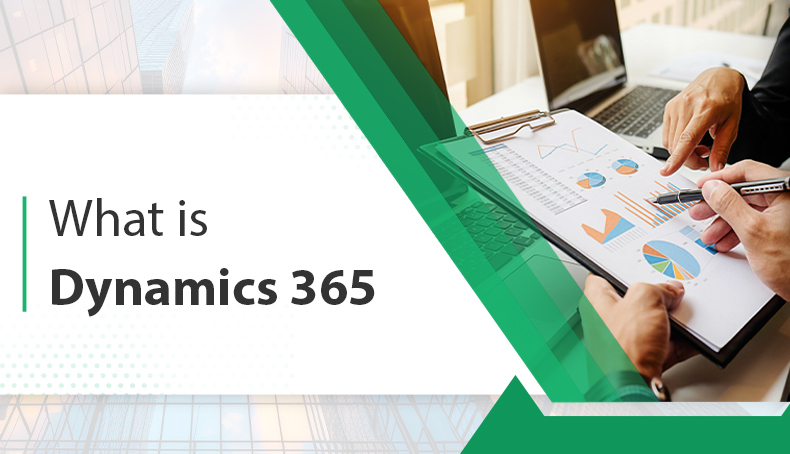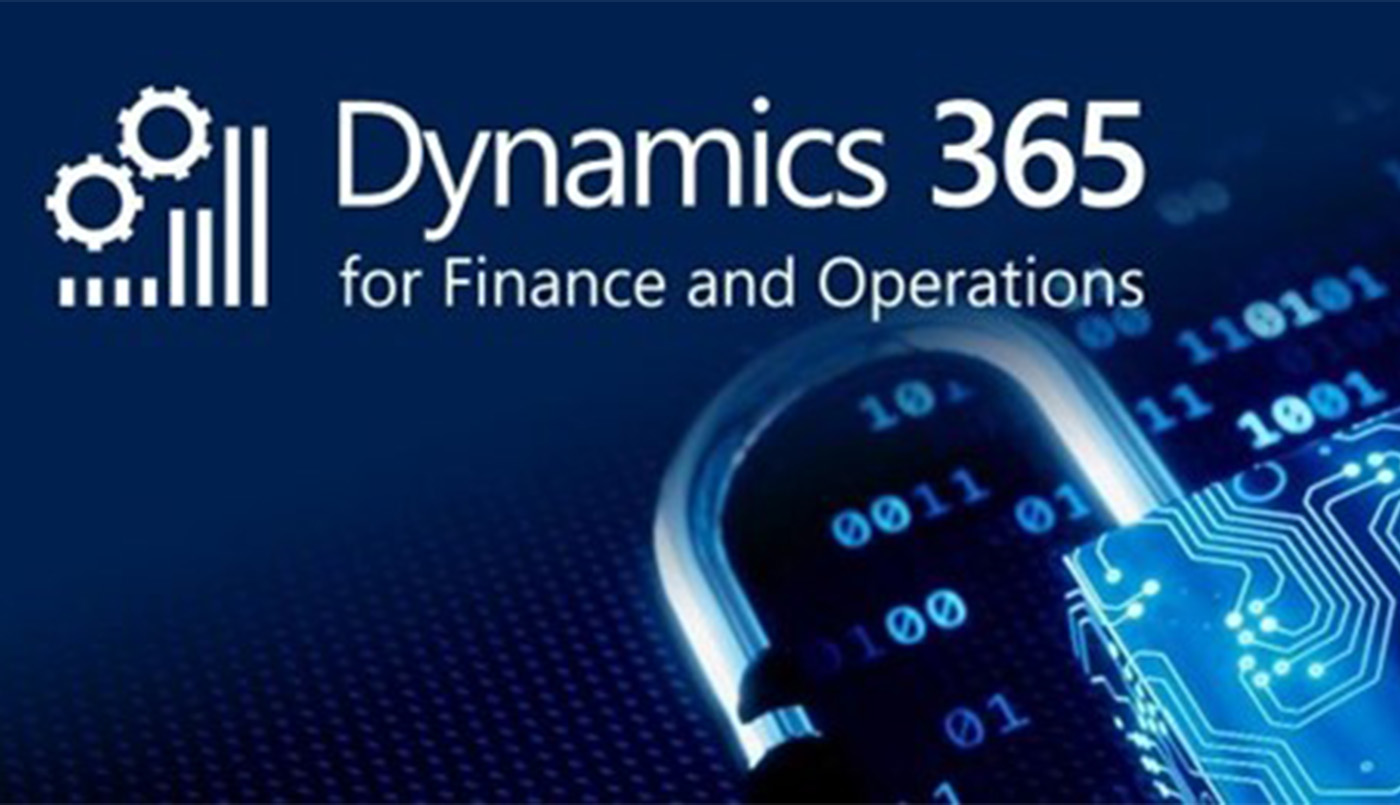ERP Vs Supply Chain Management is crucial in modern business operations. Each serves distinct but complementary roles. Furthermore, ERP systems integrate various business processes into an integrated framework with a comprehensive view of an organization’s operations. Therefore, they facilitate data flow between departments e.g., finance, HR, and production, ensuring that all parts of the business are aligned. This integration supports streamlining internal processes, expands efficiency, and supports better decision-making by offering a centralized database and real-time information.
On the other hand, Supply Chain Management emphasizes precisely the flow of goods and services from suppliers to consumers. Hence, SCM includes the coordination and optimization of the complete supply chain network, containing procurement, manufacturing, logistics, and distribution. ERP systems improve internal business operations. However, SCM aims to manage and improve the external interactions and logistics that are crucial for delivering products to the marketplace. Both ERP and SCM are indispensable for a well-functioning business. So, in this blog, we are going to discuss ERP vs Supply Chain Management, which suits you best.
Learn more with Microsoft Dynamics 365 for supply chain management.
What is the ERP?
ERP is an amazing software solution that can easily manage and automate business operations. The ERP has primary aim to regulate and streamline the different departments of the business like HR, Finance, inventory, etc. in a single place. Therefore, it offers a comprehensive view of the important business operations and resources. These are very helpful in making informed decisions regarding hiring, financial planning, etc.
ERP systems are modular. Each module system is made for the pertinent business operations. For better understanding, a finance module handles all accounts, and budget affairs. While the HR module can regulate the Hiring, onboarding type chores. So, in this way, you can get real-time visibility of your business operations.
What are the Key benefits of the ERP?
Below are some major benefits of the ERP system.
Improve Accountability
ERP systems can enable businesses to easily track the stock operations, detect mishaps or any mismanagement, to evaluate the proper functioning. So, this ERP is the best choice to detect the whole process of business operations.
Fulfill Marketplace Demands
ERP mainly works on data centralization. So, this feature makes data analysis more efficient for your business. Hence, this feature will be adaptable to market changes and demands.
Boosted Flexibility
The ERP systems are working on flexibility and adaptability features. The increased flexibility will increase the success rate.
Improved Data Security
ERP can protect your data by offering a unified platform. So, you don’t have to need to store the data in different places. In other words, by considering ERP security features your data will be in safe hands.
Better Customer Experience
The CRM module of the ERP solution will provide you the efficient access to consumer data in a singular place. Therefore, this will help you to provide a better consumer experience.
Cost Saving
The ERP will offer you real-time visibility across your business operations. So this amazing quality can help consumers lower operational costs and boost productivity.
What is Supply Chain Management?
Supply chain management is the perfect option for the goods flow, finances, and building relationships with organizations and customers, distributors, and retailers. The software comes with the primary objective of improving your supply chain through the collaboration of material movement from the start to the final step.
Supply chain management software offers the entire view of your supply chain matters from product purchase to delivery. It can manage the inventory levels by decreasing the cost, and time leads, and improving the accuracy. Therefore, this software solution can communicate with the suppliers and the consumers. Ultimately, this results in improved productivity.
What are the Key Benefits of SCM?
Below are some major benefits of Supply chain management:
Improved Productivity
SCM can streamline the business operations from suppliers to consumers by reducing the operational cost. It will improve the overall efficiency of your business. Furthermore, the business is adjusting to the market changes.
Better Communication
It should be noted that through better communication, your business can get a smooth operation process from start to end. Hence, it will serve as a better line of communication for your operations.
Cost Saving
Supply chain management can improve the inventory systems. It can provide you the various benefits like improved storage, communication, system response, and much more.
Enhanced Supplier and Partner Relationships
Effective supply chain management fosters better communication with suppliers and other partners. Having strong relationships and leveraging data insights, businesses can negotiate better terms. It ensures consistent quality and improves overall supply chain performance.
Data-Driven Decision Making
SCM systems provide valuable data and analytics. It can help businesses make informed decisions. By analyzing supply chain performance and tendencies, businesses can classify areas for improvement, and forecast demand more accurately. Furthermore, it makes strategic adjustments to optimize its operations.
Risk Management and Resilience
SCM helps categorize and lessen potential risks in the supply chain, like supplier disruptions or logistical challenges. By implementing risk management strategies and contingency plans, businesses can improve their resilience and decrease the impact of unexpected events on their operations.
Learn more with Microsoft Dynamics 365 Partner in USA.
What are the key differences between ERP vs Supply Chain Management?
ERP focuses on internal business operations. On the other hand, supply chain management is dealing with the external affairs of the suppliers. Let’s have a quick look at the major differences between ERP vs SCM.
- ERP systems provide a comprehensive, integrated solution that manages and automates core business functions across various departments. It includes finance, human resources, sales, and manufacturing. The primary focus is on internal operations, data integration, and process efficiency within a business. Supply chain management focuses specifically on the management and optimization of the supply chain network. Furthermore, it encompasses the entire lifecycle of a product from raw materials to the end customer. Therefore, this includes procurement, production, logistics, and distribution. Hence, the primary focus is on external interactions and the flow of goods and services across the supply chain.
- ERP systems integrate different business processes within the organization into a single, unified system. This integration makes sure that data is consistent and accessible across various functions. It facilitates internal coordination and decision-making effectively. SCM systems come to integrate and coordinate activities between the organization and its external partners, including suppliers, manufacturers, and distributors. Therefore, this integration aims to streamline the flow of materials and information across the supply chain. It improves overall efficiency and responsiveness.
- ERP enhances internal efficiency by automating processes, decreasing redundancies, and providing real-time information to support decision-making. ERP systems focus on improving internal workflows and resource management. SCM aims to optimize the end-to-end supply chain process, aiming at reducing lead times, minimizing costs, and improving the flow of products and information between suppliers and customers.
- ERP systems centralize internal business data, offering a unified view of operations. This includes financial data, employee information, and inventory levels. They are used to streamline internal processes and facilitate cross-departmental communication. SCM systems focus on external data related to the supply chain, such as supplier performance, transportation logistics, and demand forecasts. Therefore, this data is used to optimize supply chain operations and improve coordination with external partners.
- ERP system implementation often needs a significant investment in time and resources. It typically requires substantial changes to existing processes and may involve complex data migration and system customization. SCM system implementation generally involves focusing on optimizing specific supply chain activities and improving collaboration with external partners. It may require integration with ERP systems or other internal systems but is often more targeted towards supply chain efficiency.
Conclusion
In conclusion, ERP vs Supply Chain Management serves different functions. Primarily, their integration is vital for optimizing overall business performance. Furthermore, ERP systems focus on streamlining internal processes and improving coordination across departments with a centralized platform for data management. Therefore, this internal cohesion enhances efficiency and decision-making within the organization.
It ensures that all aspects of the business are aligned with strategic goals. Conversely, supply chain management concentrates on the external factors of production and distribution. It aims to optimize the flow of goods and services from suppliers to customers. By managing and improving supply chain processes, SCM makes sure that products are delivered efficiently and cost-effectively. When combined, ERP vs supply chain management creates a powerful synergy that enhances internal operations and optimizes the broader supply chain.








